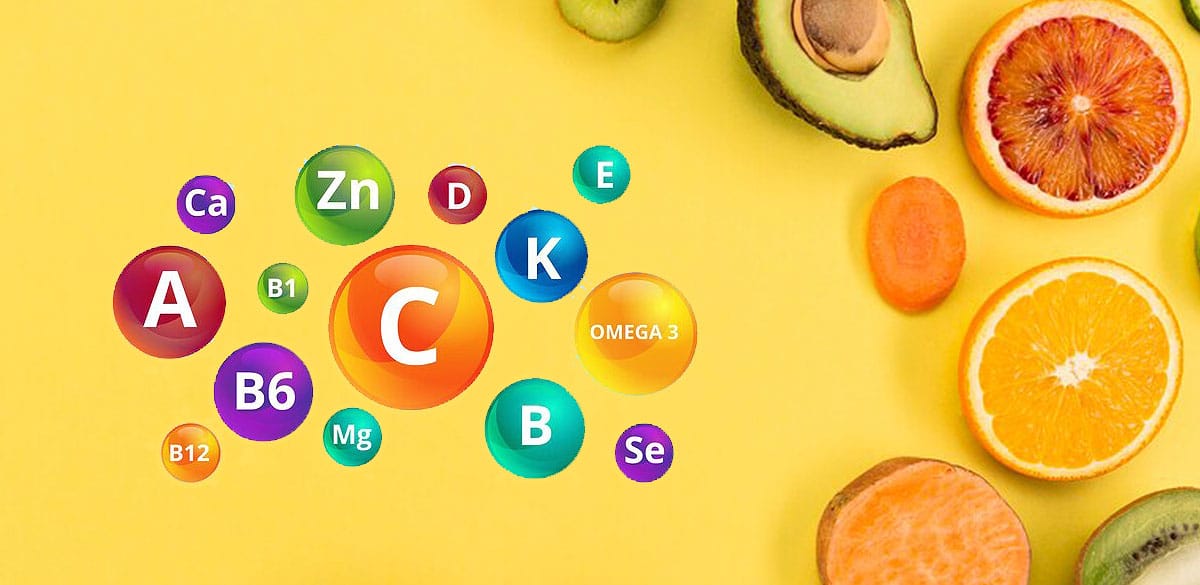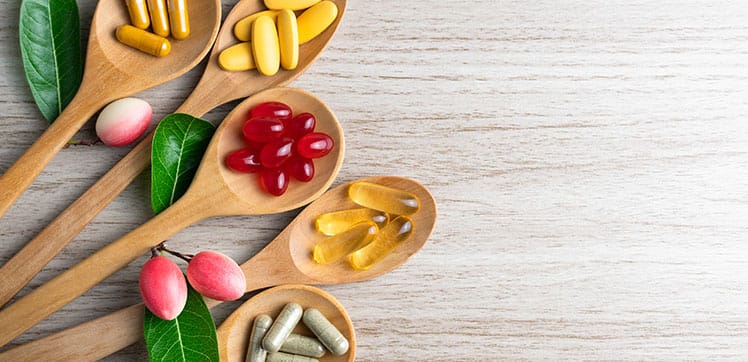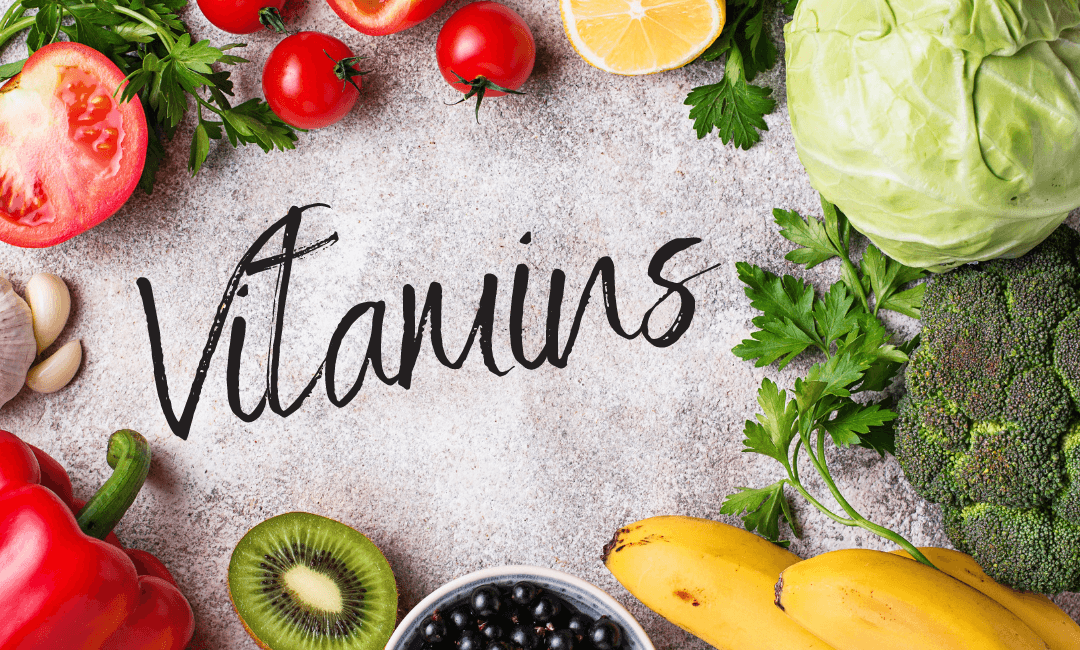Exploring the Role of Nutrients in POIS
Post-Orgasmic Illness Syndrome (POIS) continues to puzzle medical experts, with many potential causes under investigation. Some researchers are exploring the possibility that vitamin deficiencies could be a contributing factor. Vitamins are essential for many bodily functions, including energy production, cognitive health, immune support, and muscle recovery—all areas that seem to be disrupted in individuals with POIS. Could a deficiency in one or more essential nutrients be making the body more vulnerable to this mysterious condition? This post dives deep into the connection between vitamin imbalances and POIS, discussing how insufficient levels of key vitamins may trigger, exacerbate, or even prolong POIS symptoms.

Understanding Vitamin Deficiencies and POIS
Vitamin deficiencies can lead to a wide range of health problems, from mild fatigue to more serious conditions involving the immune, nervous, and muscular systems. Vitamins such as D, B12, C, and magnesium are critical for maintaining immune responses, hormonal balance, cognitive function, and energy levels. When these processes are disrupted due to insufficient vitamins, it could lead to chronic fatigue, cognitive impairment, and immune dysregulation—all symptoms frequently reported by those suffering from POIS. This raises an important question: Could vitamin deficiencies be playing an unrecognized role in the development of POIS?
While scientific evidence directly linking vitamin deficiencies to POIS is still limited, emerging research suggests that individuals with low levels of certain vitamins may experience more severe or prolonged symptoms of the syndrome. Experts believe that deficiencies in key nutrients may compromise the body’s ability to recover after orgasm, making it more susceptible to the intense immune and inflammatory responses observed in POIS patients. Understanding and addressing these deficiencies could unlock new insights into managing or mitigating the severity of POIS symptoms.
Key Vitamins Potentially Linked to POIS
1. Vitamin D and Immune Function:
-
- Role in Immune Regulation: Vitamin D is crucial for maintaining a balanced immune system. A deficiency in vitamin D can lead to immune dysfunction, increasing the risk of exaggerated inflammatory responses. This may be significant in POIS patients, as many symptoms resemble those of an autoimmune or inflammatory condition, including muscle pain, fatigue, and cognitive fog.
- Link to POIS Symptoms: Some studies have suggested that low levels of vitamin D may contribute to heightened immune responses post-orgasm, potentially triggering POIS symptoms. Vitamin D helps regulate immune cells, and a deficiency could result in a pro-inflammatory state, worsening the flu-like symptoms experienced after ejaculation.
2. Vitamin B12 and Neurological Health:
-
- Role in Nerve Function: Vitamin B12 is essential for maintaining healthy nerve cells and producing DNA. Deficiency in B12 can result in neurological symptoms, such as cognitive fog, memory loss, and fatigue—symptoms commonly reported by individuals with POIS.
- Fatigue and Cognitive Dysfunction: Many people with POIS experience severe mental fog and fatigue following sexual activity. Given that B12 deficiency is known to cause both of these symptoms, a lack of B12 could be contributing to the cognitive and physical exhaustion seen in POIS patients.
3. Magnesium and Muscle Recovery:
-
- Impact on Muscle Function: Magnesium plays an essential role in muscle relaxation and recovery. Deficiency in this mineral can lead to muscle cramping, spasms, and a longer recovery time for physical exertion. Many POIS sufferers report muscle aches and pain, particularly in the days following an orgasm, leading some researchers to speculate that magnesium deficiency could be involved.
- Energy Production: Magnesium is also involved in energy production and the regulation of stress hormones, such as cortisol. A deficiency in magnesium could impair the body’s ability to cope with the physiological stress following orgasm, potentially prolonging recovery times and exacerbating symptoms.
4. Vitamin C and Inflammation:
-
- Anti-Inflammatory Properties: Vitamin C is widely known for its antioxidant and anti-inflammatory properties. A deficiency in vitamin C could lead to increased oxidative stress and inflammation, both of which are frequently reported in POIS cases. The lack of this vitamin may impair the body’s ability to counteract inflammation, leading to prolonged or intensified symptoms.
- Immune Support: Additionally, vitamin C plays a critical role in immune system support. Since immune dysfunction is a potential trigger for POIS, maintaining adequate levels of vitamin C may help mitigate some of the inflammatory or allergic-like reactions that follow orgasm.
Can Vitamin Deficiencies Make POIS Worse?
While vitamin deficiencies might not be the sole cause of POIS, they could contribute to the severity and duration of symptoms. Here are a few ways that a lack of essential vitamins may worsen POIS:
-
Compromised Recovery: Vitamins like B12, magnesium, and D are necessary for cellular repair and energy production. A deficiency could slow the body’s recovery processes after an orgasm, leaving POIS patients feeling fatigued and drained for longer periods.
-
Increased Inflammatory Response: Without adequate levels of vitamins that support the immune system—such as vitamin D and vitamin C—the body may experience a heightened inflammatory response. This could lead to more intense muscle aches, headaches, and flu-like symptoms after sexual activity.
-
Nerve and Cognitive Health: Vitamins like B12 are essential for cognitive function. A lack of B12 could result in the brain fog, memory issues, and lack of focus that many POIS sufferers report.
Scientific Theories and Research on Vitamins and POIS
Currently, research on the connection between vitamin deficiencies and POIS is limited, but some preliminary studies provide insights into how nutrient imbalances could impact the condition.
-
Case Studies and Anecdotal Evidence: Some POIS sufferers have reported improvements in their symptoms after addressing vitamin deficiencies through supplements. For instance, individuals with low vitamin D levels have noted a reduction in inflammatory symptoms after restoring their vitamin D levels to a healthy range.
-
Research on Nutrient Deficiencies and Immune Response: While no direct studies link vitamin deficiencies to POIS specifically, research on nutrient deficiencies and immune responses suggests that an imbalance in key vitamins could contribute to conditions with similar inflammatory symptoms. For example, studies have shown that people with low levels of vitamin D are more prone to autoimmune responses, which could be a contributing factor in POIS.
Potential Treatments: Can Supplements Help with POIS?
Given the potential role of vitamin deficiencies in exacerbating POIS symptoms, addressing these imbalances through supplements may provide some relief for sufferers. Here are a few potential treatments targeting nutrient deficiencies:
-
Vitamin D Supplementation: Increasing vitamin D levels in individuals with POIS may help regulate immune function and reduce inflammation. Taking vitamin D supplements or spending more time in sunlight could potentially lessen the severity of POIS symptoms.
-
B12 Injections or Supplements: If a vitamin B12 deficiency is identified, supplementing with B12 through injections or oral tablets may improve cognitive function and reduce fatigue. This could help POIS sufferers who experience significant brain fog and exhaustion after sexual activity.
-
Magnesium Supplements: For individuals who experience muscle aches and longer recovery times after orgasm, magnesium supplements may support muscle relaxation and improve recovery. Incorporating magnesium into a daily supplement routine or increasing magnesium-rich foods in the diet may provide some relief from these symptoms.
-
Antioxidant Support (Vitamin C): Vitamin C supplementation could help reduce oxidative stress and inflammation in POIS sufferers. Ensuring adequate vitamin C intake through diet or supplements may support the immune system and decrease the inflammatory responses following orgasm.

Conclusion: Are Vitamin Deficiencies the Missing Piece of the POIS Puzzle?
While the direct relationship between vitamin deficiencies and POIS requires further research, there is growing evidence that nutrient imbalances may play a role in triggering or worsening POIS symptoms. Essential vitamins like D, B12, magnesium, and C are critical for immune function, muscle recovery, cognitive health, and overall well-being—all areas that are compromised in POIS.
By addressing potential deficiencies through diet, supplements, and lifestyle changes, individuals suffering from POIS may experience a reduction in the severity and duration of their symptoms. Although vitamin deficiencies may not be the sole cause of POIS, they could certainly be a contributing factor in understanding and managing this mysterious condition.
